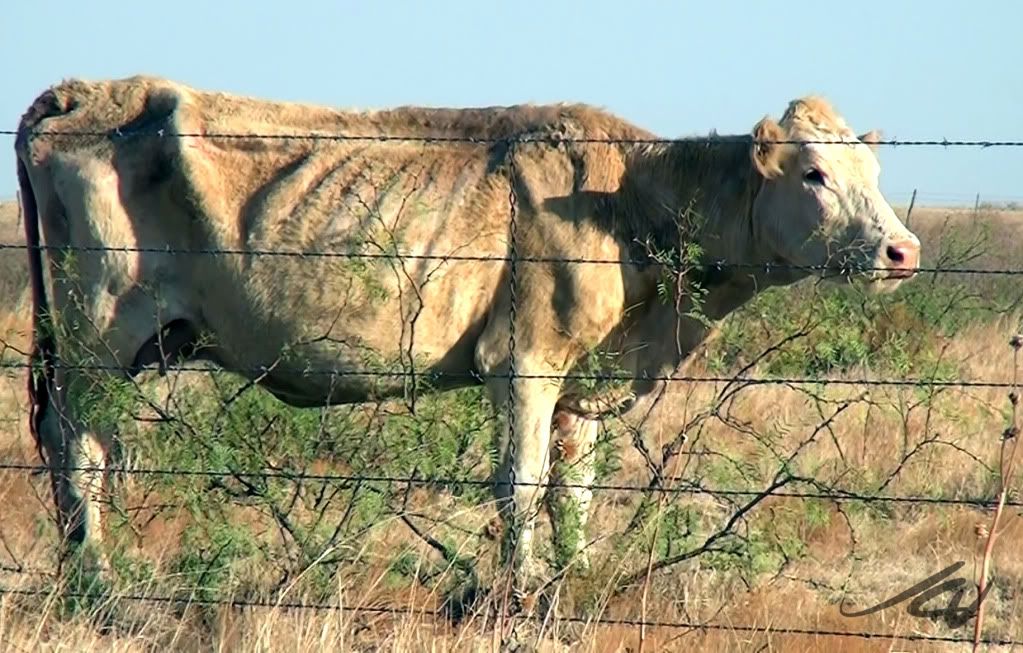If you Google > News > Extreme weather . . .
examples come up from around the world.
Outside the town of Lafayette
Indiana cars and big rigs slid off the highway keeping tow truck operators
busy.
7 hours ago
A recent trend of extreme dry and
wet spells of weather in the UK means growers are taking land drainage more
seriously.
1 day ago
The National Weather Service is
working to confirm tornadoes touched down.
1 hour ago
Last year was one of weather
extremes in Northland, with everything from record high and low temperatures,
record rainfall and even snow recorded.
1 day ago
As we reflect on 2011, a year of extreme weather all
over the world
What's in store for the future as global warming takes a
bigger hold?
The clock is ticking . . .
Dirty Oil
Alberta's Tar Sands oil is labeled Dirty Oil in the EU. California, has also labeled the Alberta bitumen as Dirty Oil.
Right now, hearings are being conducted in Kitimat, British Columbia, to assess the feasibility of a pipeline to transverse Alberta & British Columbia to transport bitumen from the Alberta Tar Sands to tankers, that will then sail a dangerous and pristine coastline.
"It is not a question of if, but when, a spill will happen."
(The Pembina Institute)
"The proposed Northern Gateway
pipeline would carry highly acidic and corrosive diluted bitumen from Alberta's
tar sands through nearly 1,200 kilometers (750 miles) of rugged and unstable
landscapes to Kitimat on British Columbia's northern coast. The pipeline would
be serviced by over 220 supertankers each year sailing through B.C.'s North
Coast waterways, which have been off-limits to the giant vessels due to
concerns that an oil spill would ruin precious coastal natural resources.
"There is fierce opposition in
B.C. to allowing oil supertankers into our coastal waters and rightly so,"
said Katie Terhune, Energy Campaign Manager, Living Oceans Society.
"History has shown that oil tankers come with oil spills. It is not a
question of if, but when, a spill will happen." (The Pembina Institute)
It’s the oldest trick in the book used by governments - defame or criminalize those who oppose them.
The day prior to the commencement of the Northern Gateway Pipeline hearings, harper's government labeled Environmentalists concerned about this pipeline, 'radicals'. This is the typical response of governments today. It’s the oldest trick in the book used by governments - defame or criminalize those who oppose them.
Dr. David Suzuki, a renown Canadian academic and advocate for the environment responded to the governments misnomer:
"It's a distortion of
language. To me, the environmental community are the ultimate conservatives.
They say, "wait a minute. Let's go slow. We don't know enough. Let's go
slow and find out more. Let's save some for tomorrow. Let's live within our
means." That to me is the essence of the environmental movement. That's
conservative.
A radical says, "Look, we don't
know. It may destroy this forest. It may destroy this river, but let's go
ahead. We need to have the economic development."To me, that's
"radical" acitivity. That's eco-terrorism as far as I'm
concerned."(for complete quote 'In his own words')
The clock is ticking . . .

No comments:
Post a Comment